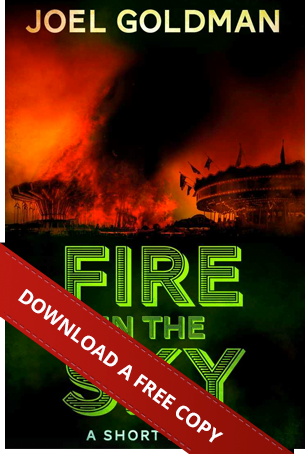It’s true, reading can make you a better writer. But why should you care? Writing skills are important for everybody. Whether you’re a best-selling author, a mommy blogger, journalist, or just someone who likes to write interesting emails and letters, you’ve got to know how to write well. You may want to improve your writing skills so you can better market products on your website, communicate with your boss, or tell stories to kids at a library event. Even if you just want to craft compelling tweets or other social media posts, the ability to write well is an essential piece for achieving that goal. Daily reading represents one of the best (and easiest) ways to improve your writing skills.
The Importance of Writing Well
Even if you don’t consider yourself a writer and do not aspire to become a professional one, writing can be very beneficial. Writing can help you express your feelings and work through them by keeping a personal journal or writing a letter to someone else about your issues. People who write well and express their thoughts more clearly often have an easier time remaining positive through the challenges life throws at them.
By cultivating the skill of writing, you can comprehend and enjoy the things you read more fully. This brings me to a very important point: reading and writing go together. They are inextricably linked. The more you read, the better you can write. The more you write, the better you can express yourself and better understand the things you read.
Read to Write. Write to Read.
Of course, you need to practice writing to improve your skills in any significant way, but you’ve got to read first – and read a lot. I’ve written a couple of posts about how to read more and how to enjoy what you read more fully. One thing you’ve got to do when setting out to read more and expand your writing skills is to venture outside of your normal reading realm. Read crime novels, poetry, trashy romance, literary romance – read non-fiction books like biographies and social manifestos. Read everything. Make sure you don’t allow yourself to get stuck in a reading rut. Are crime thrillers like Chasing the Dead or The Last Witness, your favorite type of stories? Great! Keep on reading them; just remember to slip a little Tolstoy or Yeats in every once in awhile.
Read things that would normally turn you off. For instance, it might sound daunting, but men might consider reading a “chick-lit” book, such as Bridget Jones’s Diary by Helen Fielding or Good in Bed by Jennifer Weiner. You don’t have to make a habit of it, but reading one of these books could help you better understand this mysterious segment of the population. Then you can communicate more easily with them.
Ladies, perhaps you might consider breaking away from your usual reading fare and read some sports fiction or The Road by Cormac McCarthy. Check out this list of nine writers carrying a torch for men’s fiction from The Art of Manliness website. Who knows? These stories may lend some insight into how the men in your life think. Understanding how others think and process information is an important skill to have when expressing yourself for the benefit of others through the written word.
Reading improves your vocabulary and your ability to craft sentences in different ways – ways other than the boring, straightforward ways you learned in your freshman writing class at college. As your ability to express thoughts more clearly improves, others will have a deeper insight and understanding into what makes you unique and interesting.
Another cool thing about reading is the social networks that have popped up just for book lovers. Over at Goodreads, readers can discuss their opinions on different books and authors. Some of these can get fairly heated and very interesting. By analyzing what you’ve read and sharing it with others (by writing your thoughts out), your brain has to put in some hard work.
Last week, I wrote about keeping a reading journal. A reading journal marries the skills of reading and writing as you record your impressions and ideas about what you’ve read. Looking back over the journal months after you’ve finished a book can refresh your brain about the feelings the story dredged up in you as you journeyed with the characters. All these things can awaken your inner writer and build your confidence when communicating with others through the written word, however that takes place in your life.
Photo credit for man reading chick lit: exploitsofachicklitaficionado [dot] blogspot [dot] com












I’m a reader who wants to write. I want to write, I have to write. Plenty of reasons why I haven’t yet, but no excuses. But at least I`m reading. I love Stephen King`s book “On Writing” and the quote “If you don’t have time to read, you don’t have the time (or the tools) to write. Simple as that.” I cringe whenever I hear a published author or real life friend say that they’re too busy writing (or doing other stuff) to read. I believe that the most important tool for any author (wannabe/published/aspiring or dreamer) is consumption, in as many genres as possible. I think the same holds true of any profession. How can you expect to be a content creator of any worth if you haven’t consumed content from your field until it’s pouring out of your ears? Does anyone think Spielberg would be where he is today if he hadn’t been a voracious consumer of movies before he created his own art?
You’re right, Patrick. Reading is sort of an author’s (or, as you point out, a content creator’s) job. I understand the “busy” excuse, but authors and wannabe authors simply must make time to read. Without it, even if you’re a great writer, you craft will likely become stale and stunted. Thank you for stopping by and sharing your insights. ~Joel